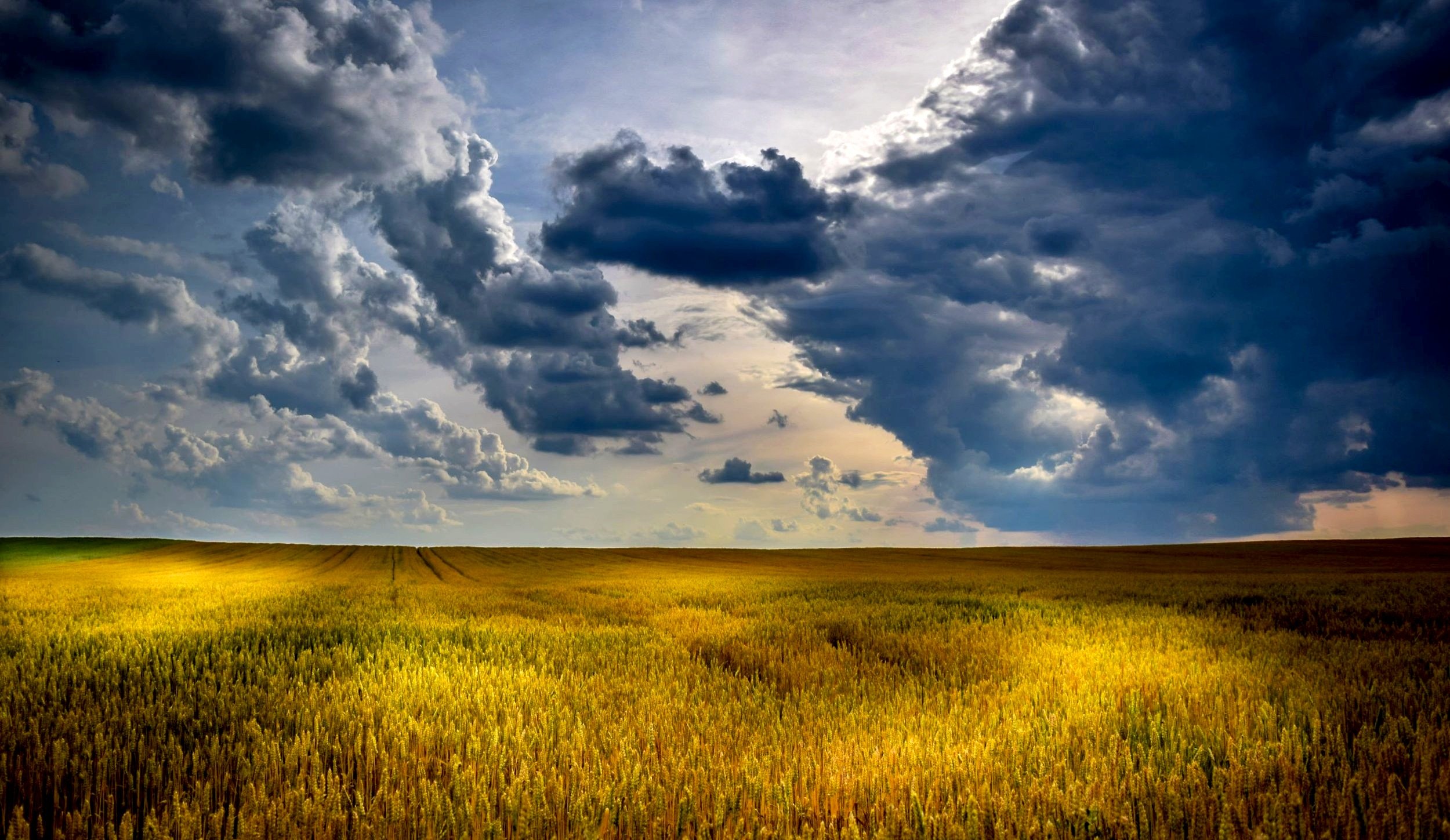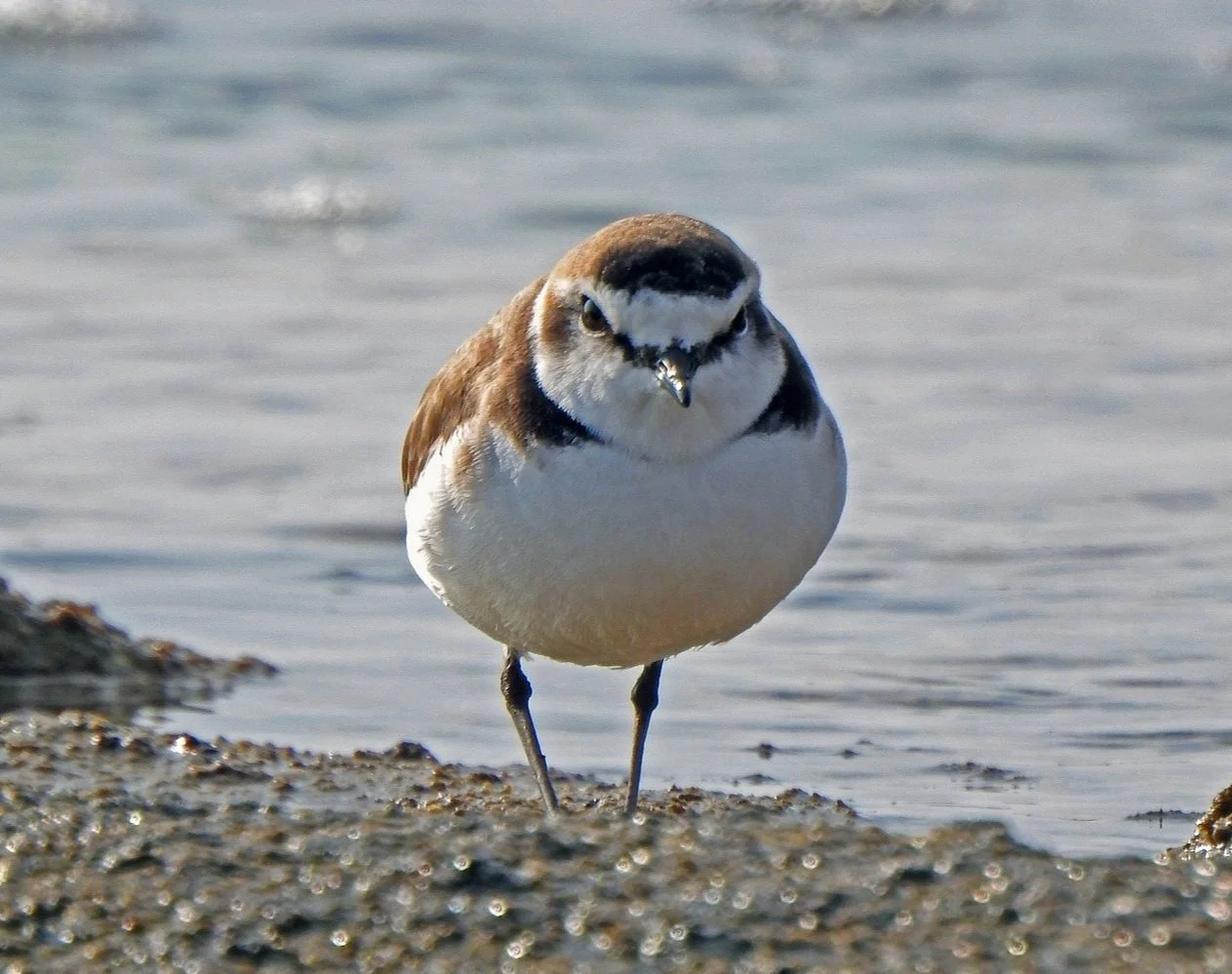Enrichment Explained
“Some day you will be old enough to start reading fairy tales again”

The topics on this page are ideas only: the areas below are vast fields of knowledge, but within them all are starting points, for an in-depth study or a more general introduction and overview. Some topics will link naturally with exam courses, but they don’t have to. Others might seem at first to have no connection with exam or degree options, but may turn out to be closely aligned. No topic exists in isolation; learning really begins when one little thing, however seemingly insignificant, inspires curiosity about, and then illuminates, something else.
A study of the chemist Mendeleev, who formulated the Periodic Table, can lead to work directly connected to his scientific research, but it might go in other directions. We could explore the natural history or geography of the lands he travelled through (with his mother) on his journey from Siberia to Moscow, so that he might study at the University of Moscow. (He was rejected, and they continued on to Saint Petersburg, where he was accepted.) We could look at the historical and political context, or at the art and literature which would have formed the background to his life.
His student, Borodin, was both composer and chemist: he helped found the St Petersburg School of Medicine for Women while Professor of Chemistry, and wrote the hauntingly beautiful In the Steppes of Central Asia.
We could investigate how developments across the sciences at the time were changing the world for ordinary people. Or we could learn about the Russian Five (some of Russia’s most influential classical composers). We could go back to look at how the flora and fauna of Russia is determined by its geology, or forward, to the geopolitical stasis nowadays. Or we could learn how scientists like Mendeleev opened up possibilities and asked the questions that led to the COVID-19 vaccine.
And we could look at why it was that it was the gaps he left in his Periodic Table, more than the elements he filled in, which was so astonishing.
“First Shakespeare sonnets seem meaningless; first Bach fugues, a bore; first differential equations, sheer torture. But training changes the nature of our spiritual experiences. In due course, contact with an obscurely beautiful poem, an elaborate piece of counterpoint or of mathematical reasoning, causes us to feel direct intuitions of beauty and significance.”
-

Latin and Ancient Greek
what does it say on the Bayeux Tapestry?
what was life like for the soldiers at Vindolanda?
why did Greece fall into a dark age?
-

Astronomy
what can I see when I look up?
what are the rings of Saturn made of?
when is the best time to see Orion?
-

Migration
how do seabirds read the sea and sky as a map?
why do tiny butterflies cross N America to hibernate?
do trees migrate?
-

Natural Sciences
why do leaves fall off the trees?
what makes the sea glow at night?
why do so many flowers have 5 petals?
-

Geopolitics and Maps
who owns the Arctic? what about the Moon?
why is the Aegean coast so crinkly?
where is the ancient city of Akkad buried?
-

Stories
“looks it not like the king?”
what is The Magus about?
did the Moomins return?
-

Art and Architecture and Music
why is the library in St Catherine’s Monastery so important?
why did Monet paint the same cathedral over and over again?
why was Farewell to Stromness written?
-

Marine Science
why do eels swim thousands of miles to spawn?
what happened to the Aral Sea?
What is the global conveyor belt?
where are Scotland’s ancient cold-water coral reefs?
-

The History Of Everything
who were the Hyksos? and the Arameans? Where did they live?
what did Leonardo understand about dendrochronology?
when was the Year Without a Summer?





